
DISCOVER CIPHR HR SOLUTIONS
Put your people front and centre
Shine a light on your people strategy with integrated HR, payroll, learning and recruitment solutions that amplify the voice and value of your HR team.
HR SYSTEMS THAT PUT PEOPLE FIRST
We fit to your needs
Being web-based with mobile access are major advantages for us. Ciphr’s offering of additional modules gives us the potential for future development.
Sian Bartle
People Manager
CIPHR HR onboarding gets new hires ready
Everyone fully engaged
Ciphr ensures that new starters buy into Lifetime – our mission, our vision, our values – and complete all of their paperwork before their first day with us.
Tessa James
Former HR Director
Versatile payroll software with an hr focus
Simple and reliable
All the information we’re inputting goes directly to the payroll system. Before, it would take me a full day to check all the data; now, it takes just a couple of hours
Rachel Delgado
Senior HR business partner
Online learning management
Get growing together
Ciphr’s Learning Management System is really helping us create a learning culture. It’s a fantastic learning management system – the best I’ve used.
Michael Mounsey
Digital learning manager

CLOUD BASED HR SYSTEMS
HR solutions that soften the strain
Delegate and automate business critical HR admin tasks so you can focus on the bigger picture. We’ll take charge of the data so HR can take charge of the growth.

THE WHOLE EMPLOYEE LIFECYCLE
Under control and in one place
Seamlessly integrate HR, payroll, recruitment and learning for people data at your fingertips. Bring everything together so you can breathe more easily.

HR SOLUTIONS THAT WORK WHEREVER YOU ARE
Put HR in everyone’s hands
Democratise employee information with cloud-based HR software and mobile functionality. So your people can access, request, approve and review information. Anywhere, anytime.
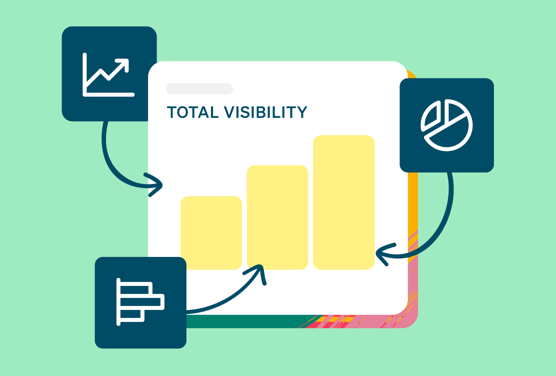
KEEP HR SYSTEMS CONNECTED
Integrations that give you insight
Sync HR software with third-party tools to reduce admin, improve data accuracy, tighten security and understand your people. A smooth flow of data means you can make more of an impact.
HR SOLUTIONS FOR UP TO 1500 EMPLOYEES
More time for more HR
Ciphr HR is an easy to use HR system that streamlines processes and simplifies time consuming tasks. Meaning more time for your people and your people strategy.

Hr software
Simplify time consuming tasks and makes light work of HR admin
- Customisable branding, make it your own
- Configurable workflows and constant access
- Seamlessly integrate all your HR processes
- Data storage, reporting & analytics
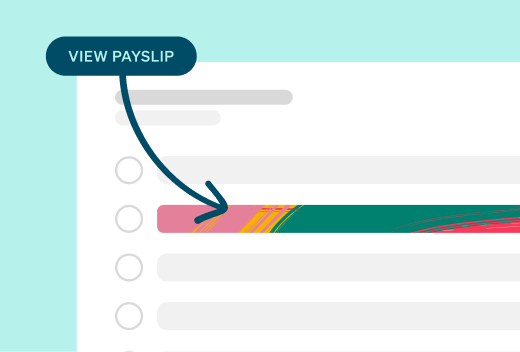
Payroll Software
Avoid data duplication and stop chasing paper trails
- Seamless integrations
- Online payslips, P60s, P11Ds and P45s
- Automated data fetching from HMRC
- Suite of high value reports
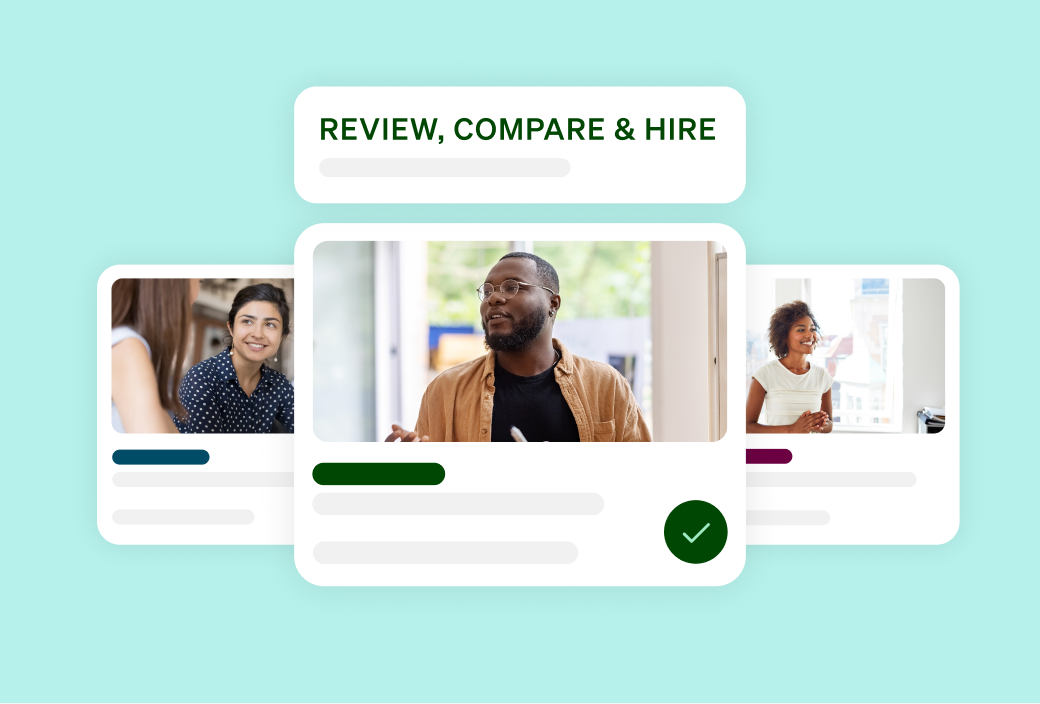
Recruitment Software
Publish vacancies, capture CVs, find the right talent.
- Streamline your hiring process
- Publish directly to multiple sites and platforms
- Customisable GDPR-friendly dashboard
- Automated background checking
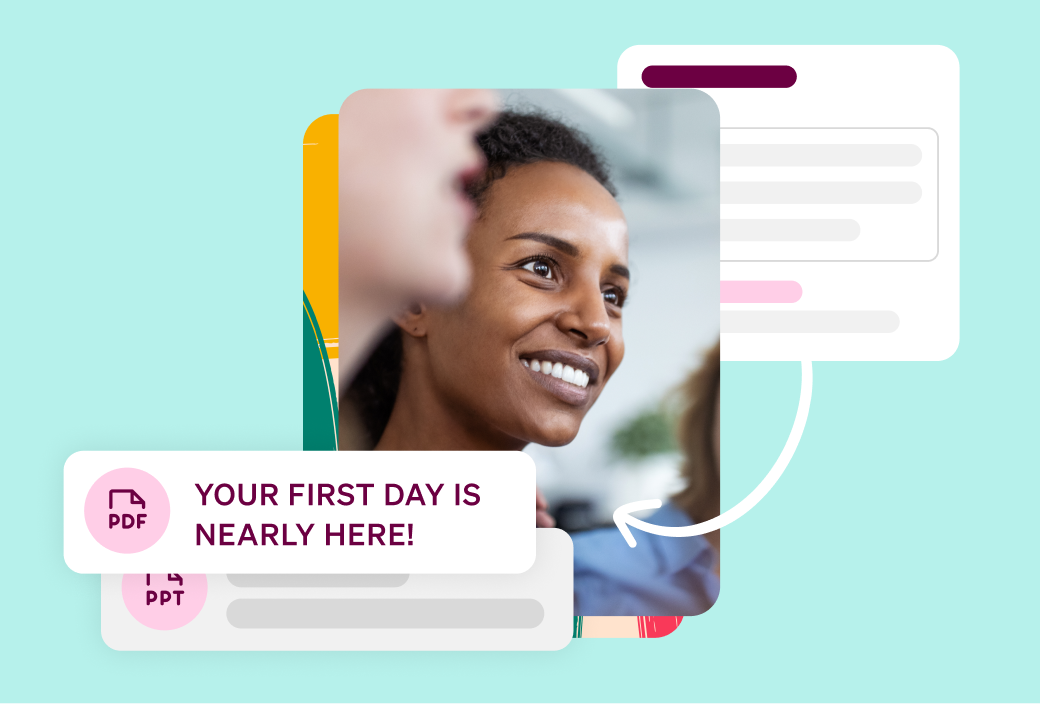
Onboarding software
Help new starters understand your brand and their place in it
- Engage new hires before they join the organisation
- Securely share important information
- Fully integrated with the whole HR suite
- Tailored, personalised experiences
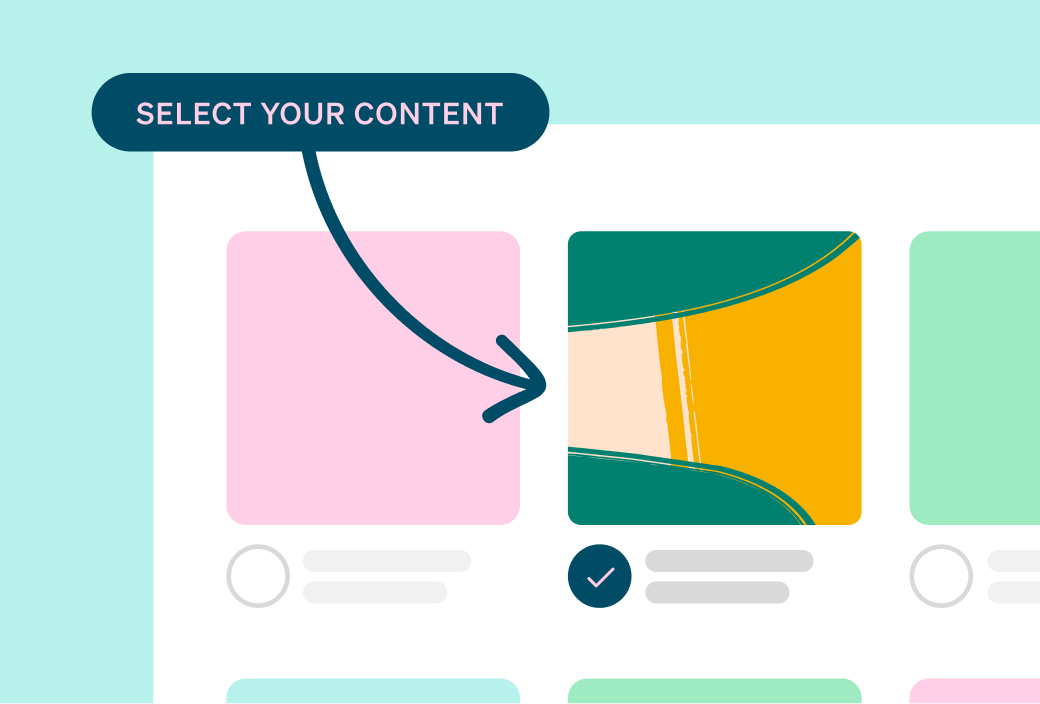
Learning management system
Efficient, intuitive and scalable learning to inspire your teams
- Collaborative and gamified experiences
- Off the shelf course options
- Accessible anywhere and at anytime
- Personalised and connected

Off-the-shelf eLearning courses
Intelligent people-data solutions from Marshalls e-Learning
- Compatible with Ciphr LMS and other systems
- Available in sector-specific versions
- Spanning more than 50 topic areas
- WCAG digital accessibility options
Why businesses are choosing Ciphr HR Solutions
Reassuringly clear on compliance
Mitigate risk with online HR software that helps HR teams record, manage and track cases securely and efficiently. Defined workflows, automated reminders and auditable histories means cases get resolved smoothly and swiftly.
Training and learning that does the job
Keep track of your learning and development programmes. Our cloud HR software helps you plan, apply and track your training so you can monitor and make sure it’s effective.
Efficient at its core
This is self-service HR software. Your people get to do their own admin and you get to streamline, reduce costs, improve data accuracy and up employee engagement. It’s a single-provider approach that improves core processes.

HR software solutions
Put your people front and centre
Integrated HR, payroll, learning and recruitment solutions that amplify the voice and value of your talent.